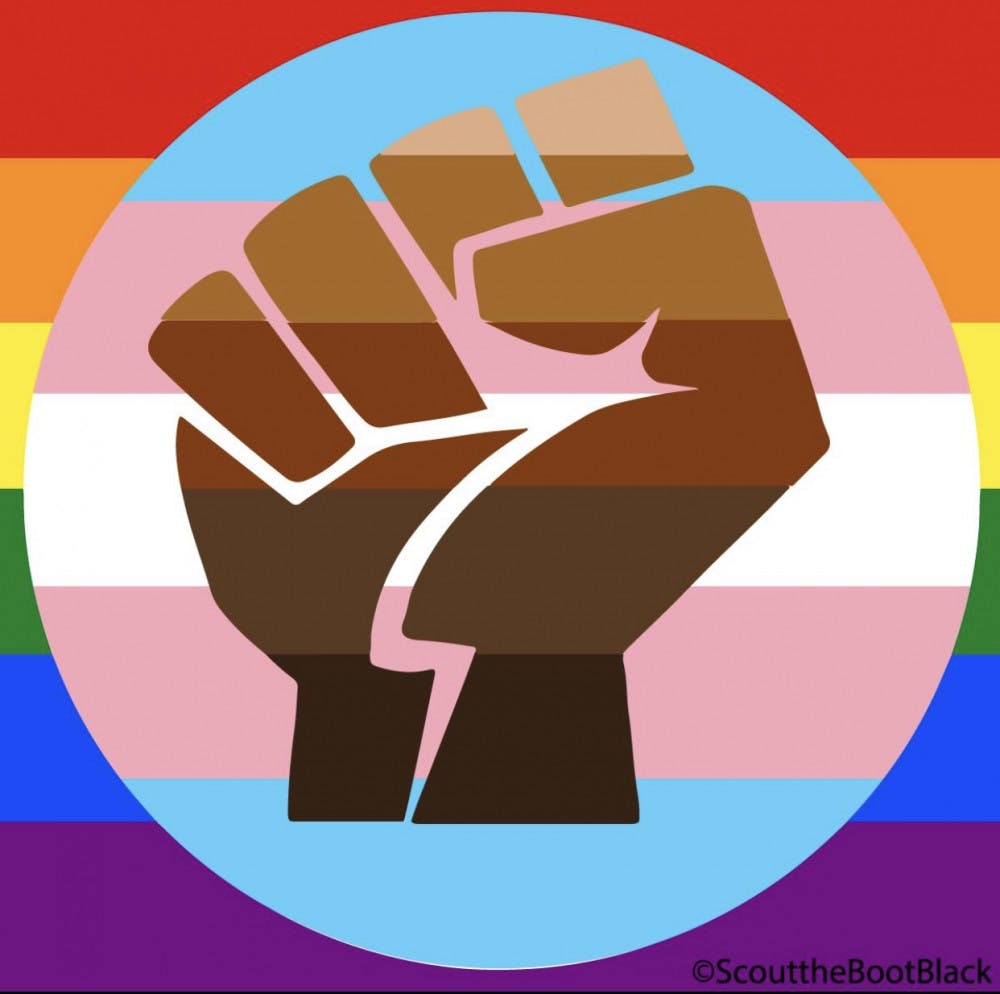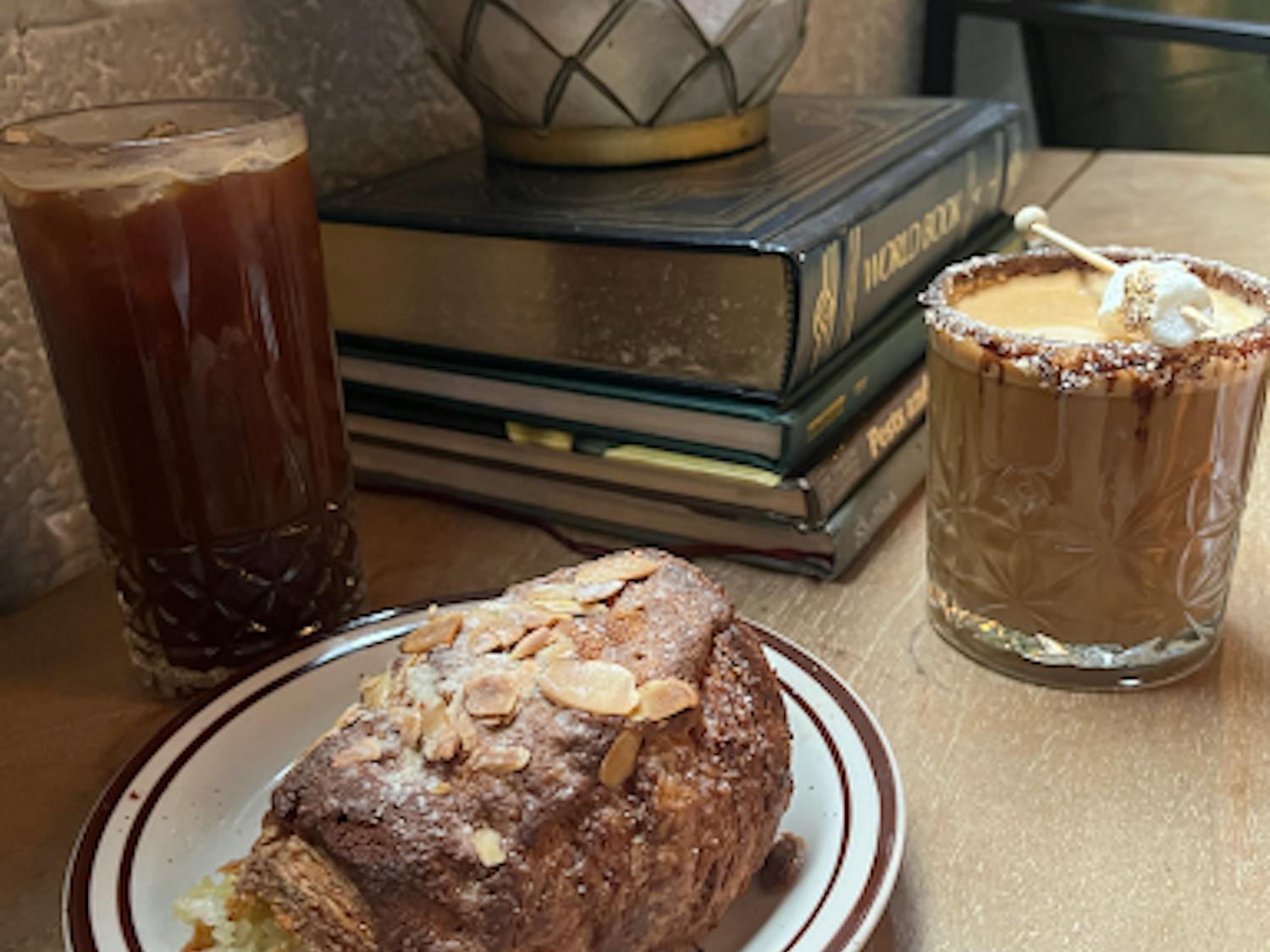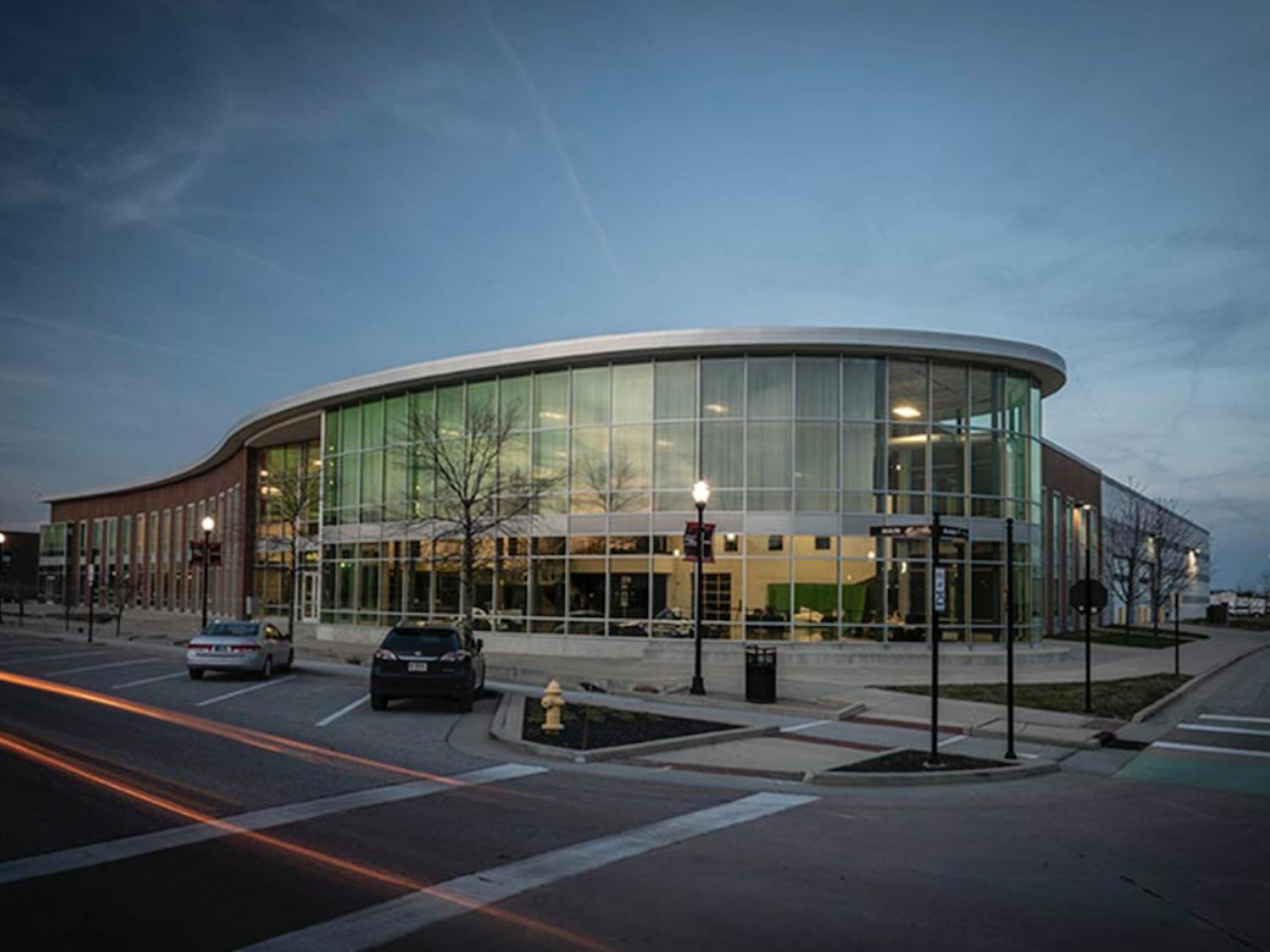As many parts of the world celebrate this year's LGBTQ+ Pride month COVID-19 style, it’s important to highlight and commemorate the reason why a month like this even exists. Black and brown queer and trans people.
On June 28, 1969, NYPD raided the Stonewall Inn, a gay club located in New York City igniting a riot between police and the bar patrons. This brought 6 days of protests, looting and violent encounters with law enforcement and would later be referred to in some history books as “The Stonewall Riots”.
These riots were led by Marsha P. Johnson, Stormé DeLarverie, Sylvia Rivera and Miss Major Griffin-Gracy. All Black and brown queer and trans activists. They served as catalysts for the modern-day LGBTQ+ movement, and without their fight for equity and justice, pride month, the pride festivals, and the overall pride celebrations that are seen throughout the month of June wouldn’t have the same significance that they do today.
Unfortunately, the fight is still far from being over because much of the history surrounding the LGBTQ+ movement is either whitewashed or simply not taught in public and private spaces that allow these important dialogues to be had.
Like all movements, there is and will always be a lot of work that needs to be done in order to ensure justice for all marginalized groups of people with overlapping intersectional identities. Black people in all different forms are oftentimes at the forefront of every American movement.
After protesting in downtown Indianapolis this past weekend and witnessing police brutality, acts of homophobia, transphobia, and sexism through various social media platforms against Black people, it can’t be more evident that the fight being fought today is very similar to the fight made during the LGBTQ+ movement, the Civil Rights movement, and now the Black Lives Matter movement.
In the Black community specifically, the term intersectionality is used as a way for us to understand how we as Black people have to navigate the experiences of not only being “Black first”, but being “Black and”. Depending on whatever the “and” identity is, if the “and” isn’t male, those varying “and” identities are overshadowed by the “Black first” identity. When in reality, it is vital to equate the importance of both the “and” identity that is put in conjunction with the “Black” identity.
With the prominence of the Black Lives Matter movement, it must be reiterated that this movement is not simply fighting for the justice of Black men's lives who are murdered at the hands of racism. This movement is fighting for the justice of Black women who are not only murdered at the hands of racism but sexism and patriarchy as well. Three byproducts of white supremacy. This movement is fighting for the justice of Black queer and transgender people who are murdered at the hands of racism, queerphobia and transphobia. Not only from white supremacy, but within the Black community as well. This movement is fighting for the justice of Black lives that are currently incarcerated at six times the rate of white lives for nonviolent drug charges, and the disproportionate rates of almost every single statistic that Black Americans face in comparison to white Americans when it comes to the criminal justice system.
So when you chant “Justice for Dreasjon Reed!” and “Justice for George Floyd!”, remember to include Breonna Taylor, Tony McDade, Iyonna Dior, Sandra Bland, Emmett Till, and Marsha P. Johnson in that fight for justice.
Don’t just look at the Black Lives Matter movement from the perspective of police brutality. Look at the movement from the perspective of the Black lives that have to deal with sexism, homophobia, transphobia, toxic masculinity, the school to prison pipeline, and all of the other institutions in addition to racism that are murdering us.
This movement wouldn’t be as groundbreaking as it is without Black women, Black queer/trans/non-binary folks, Black survivors of sexual assault, Black plus-sized people, Black people with mental health issues, disabled Black people, and every other intersection of Blackness leading this fight to justice. So if you say “Black Lives Matter” but don’t include all Black lives, you need to re-evaluate who and what you're fighting for.
OPINION: Remember to thank Black and brown queer and trans people for Pride month and protect all the different intersections of Blackness

Heads up! This article was imported from a previous version of The Campus Citizen. If you notice any issues, please let us know.




